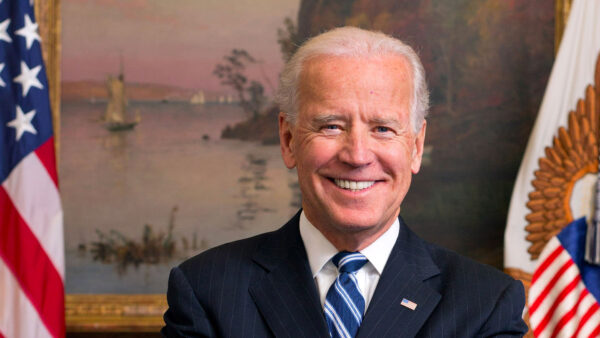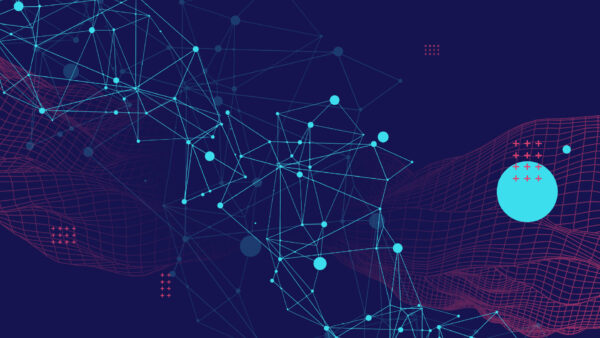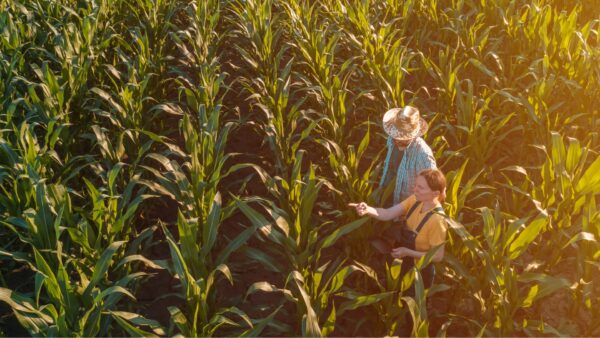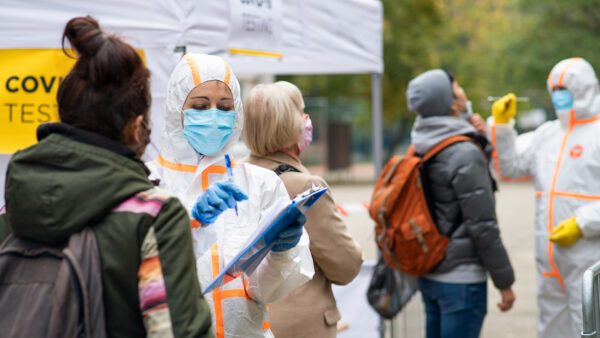Using open data to achieve global food security
There are currently more than 821 million in the world going hungry. Factors such as climate change and locust infestations have seen crops become destroyed, while the covid-19 pandemic has seen disruptions across the global food supply chain, leaving the most vulnerable at even greater risk of hunger and malnutrition.
This means that there is now an urgent need to address food security in order to provide those in need with the basic fundamentals. These are availability, access, utilisation, and stability. Food security can only be achieved when all people, at all times, work collaboratively to provide physical, economic, and social access to food so that people can live a healthy and active life.
However, there is a simple solution to this crisis – open data. Open data is the idea that data and information should be made freely available for everyone to use and republish, free of government restrictions or copyright and its potential could help end the crisis, which is in line with SDG2 (zero hunger) through greater sustainability and innovation.
The Global Open Data for Agriculture and Nutrition (GODAN) is a UK-US-led initiative that seeks to support the global efforts to make agricultural and nutritionally relevant data available to use worldwide. GODAN is leading the way in using open data to achieve food security across the globe and has amassed 1,000 partners in its mission to empower farmers and food companies to use open data to increase sustainability and tackle the hunger crisis.
This includes developing and harnessing partnerships with key governments, organisations, and policymakers from across the globe. GODAN is constantly identifying opportunities to enhance the role of open data and pave the way for greater innovation in a market that has untapped potential.
Open data has already proven that providing key data has many benefits. Sharing this knowledge with one another can enhance businesses and create greater innovation. Agriculture needs to use such data to maintain food production of the highest standard. Information regarding weather conditions, soil fertility, and previous case studies will help keep farmers in the know and help maintain good practices and learn from previous incidents. All of this is possible if data is made universally accessible and GODAN has been at the heart of this.
In Africa, where food insecurity is particularly felt, GODAN has embarked on a number of successful ventures which unleash open data’s potential. In Nigeria, GODAN has recently been able to support activities that encourage greater use of data in the delivery of better food supply chains through a strategic relationship fostered by Sonigitu Ekpe, the Scientific Director at the Ministry of International Development Cooperation. This has seen a number of key decision-makers introduced at the Federal level to improve the agricultural sector in the country which will build and strengthen capacity for open data development. This could lay the foundations for feeding those who need it the most as well as allow the agricultural sector to flourish.
Food security is vital to the food industry and the billions of people it serves across the world. It is GODAN which is pioneering for the end of food insecurity and has achieved many milestones since its foundation in 2013. The farming sector has been largely left behind the data revolution and it is clear that this vulnerability will prove difficult in mitigating the pandemic. Through GODAN, open data is pushed to the top of the agenda until relevant policies are introduced to help change our food system for the better.










